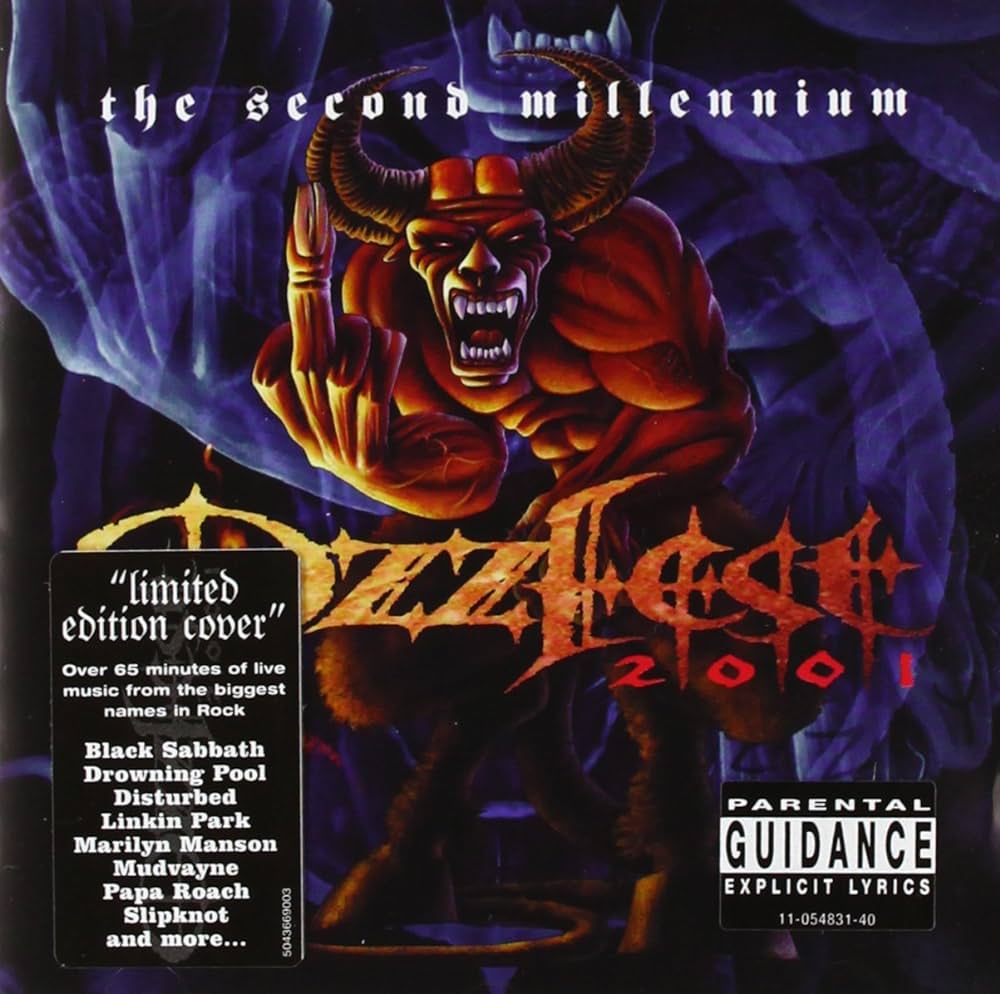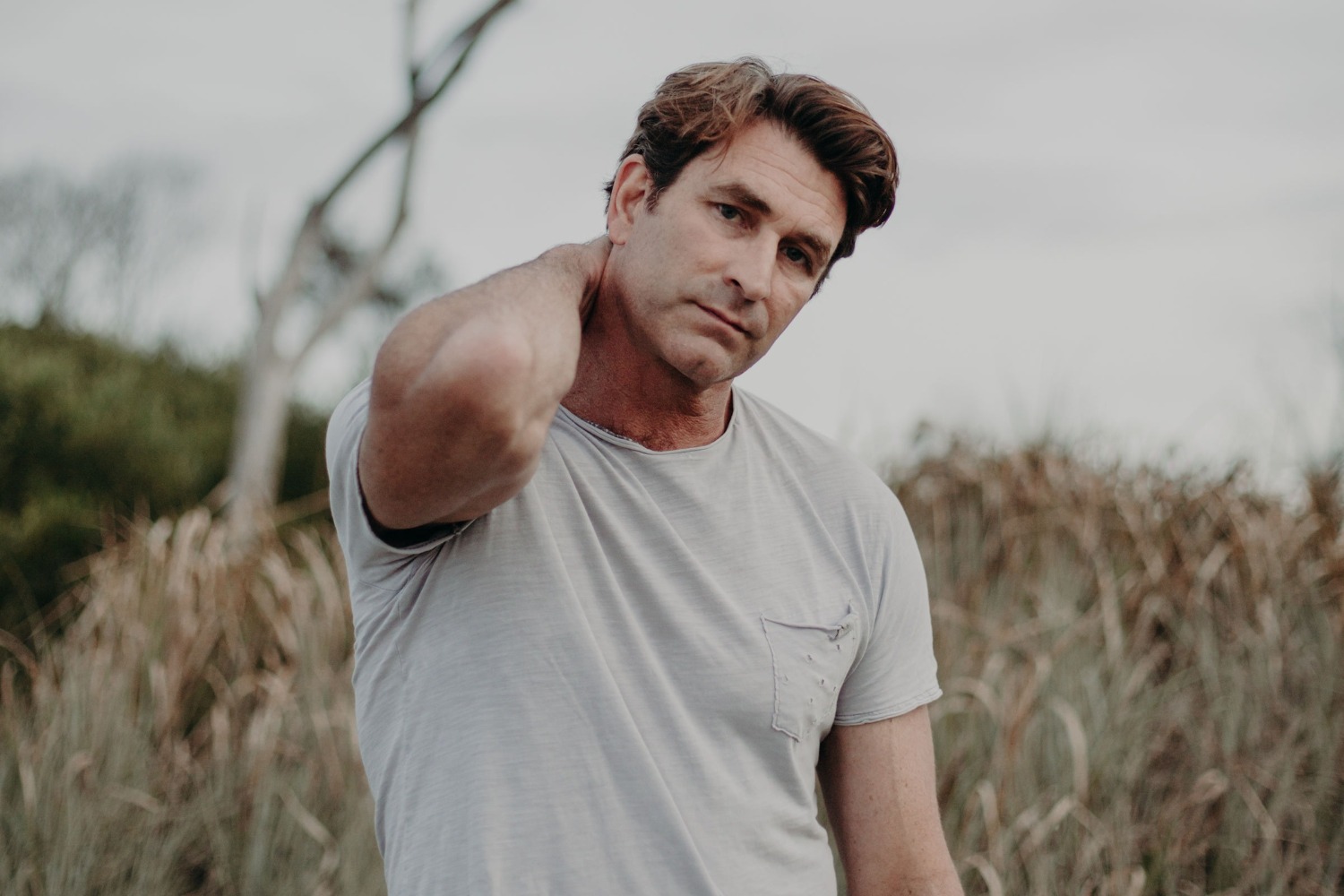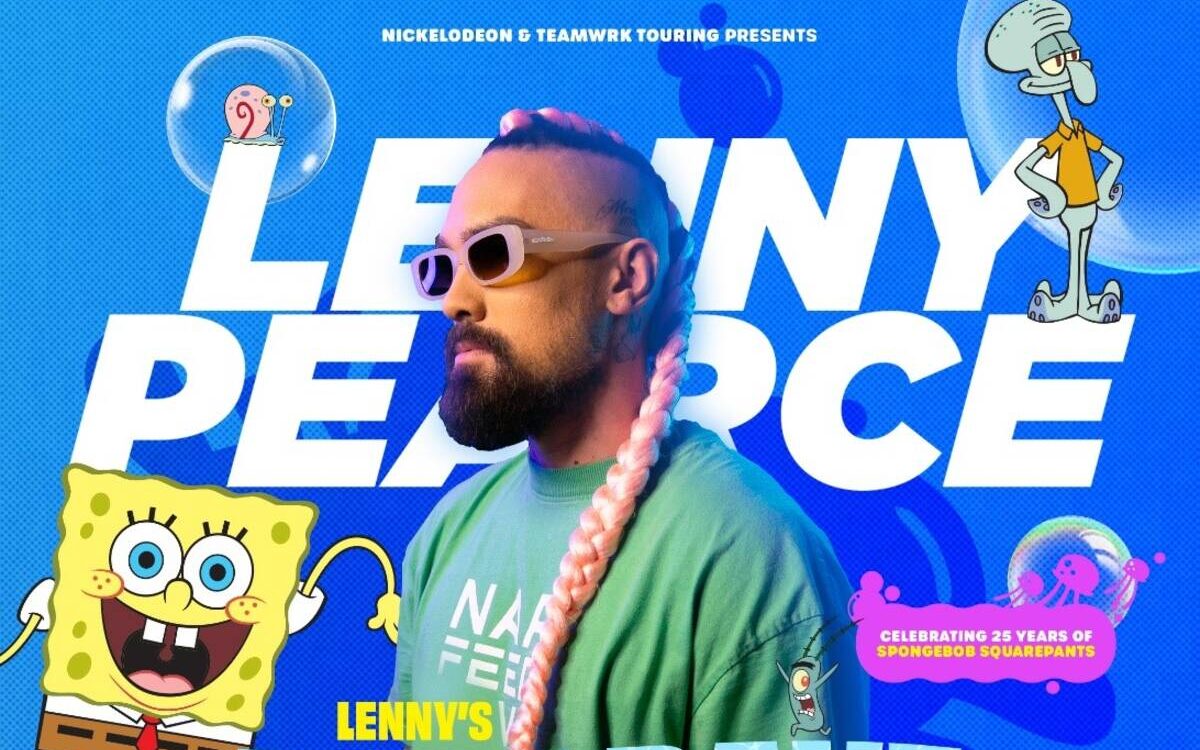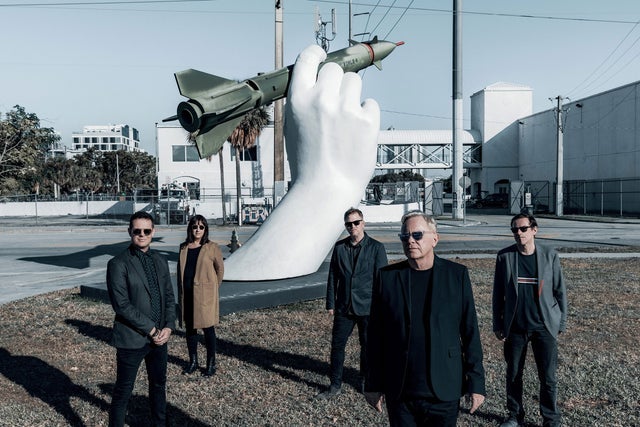Realistically, every major touring festival has an expiration date. Even the Vans Warped Tour, a summer institution since 1995, had its final cross-country run in 2018 – and given that it was a launching pad for artists as diverse as Katy Perry, Eminem, Limp Bizkit, Deftones, My Chemical Romance, Avenged Sevenfold, and Paramore, it was still a bit surprising to see it come to a close. While Ozzfest’s summer tours haven’t been completely put to bed, there hasn’t been an Ozzfest event of any sort since 2018.
Initially arriving in 1996 as a two-day festival featuring some of the biggest names in metal, it evolved into a touring festival which also eventually featured nu-metal and metalcore bands that were hitting the big time. It gave a very strong foundation to bands like Slipknot (second stage at Ozzfest 1999) and Linkin Park (not so much a foundation as a supplement to their Hybrid Theory sales, which continued to skyrocket during the summer of 2001), just to name two.
With the news that Sharon Osbourne is open to a potential revival of the festival (assuming it’s on some kind of larger touring scale, and not the pared-down festival version it’s been recently), one wonders what it might look like. Considering Ozzfest 2010 was the last time more than two dates of Ozzfest happened (and the last large-scale touring version was all the way back in 2007), things would obviously be a lot different. Music tastes have changed, and many of the bands that once got top-billing on Ozzfest aren’t around anymore (or at least aren’t as active).
However, it’s important to remember that this is the festival that played a part in popularizing nu-metal, metalcore, and even some more extreme metal bands. As Sharon Osbourne noted, “That’s what it’s all about: breaking new bands. That’s why we did it.”. Almost any other festival curator will tell you the same thing as well. After all, the reason why some long-running festivals last longer than others is because they’re always looking for younger, less-established acts to eventually headline their festivals years down the line. For example, remember when Bad Omens, Sleep Token, or even Bring Me The Horizon used to be relatively low on these kinds of events? Not anymore, obviously.
At its core, Ozzfest was (mostly) about showcasing some of the biggest and best metal bands on the planet. Despite the shifting musical climate, there’s still a sizable number of prominent bands that would fit well on an Ozzfest lineup, should it be revived. Lamb Of God, Machine Head, Fear Factory, Korn, Limp Bizkit, Deftones, System Of A Down, Black Label Society (or maybe even the popular Zakk Sabbath), Hatebreed, Trivium, Opeth, Mastodon, High On Fire, and Devildriver are candidates from the festival’s past that might be logical (to varying degrees of course, as many of these bands headline on their own now and might not be totally realistic). Many others might work as well, Mudvayne, Shadows Fall, In Flames, and several of metalcore’s biggest bands might be somewhat realistic options.
There would also be no shortage of up and coming talent to choose from, either. In fact, candidates for a second stage of Ozzfest could have bands like Rolo Tomassi, The Callous Daoboys, Conjurer, Johnny Booth, and/or Invent Animate as fairly realistic options. They all check the “up and coming” category (even though they’ve all existed for a while), and fit relatively well in the spirit of previous Ozzfest iterations. You could even add bigger bands like Spiritbox, Bad Omens, Code Orange, and/or Bring Me The Horizon on select dates or legs of the tour. Again, how realistic these prospects are is up for debate, but they’re not totally outlandish.
There is a cautionary tale to be told here, however. While the Vans Warped Tour never really suffered from low ticket sales due to the nature of its diverse lineups and continuity, the 2015 and final iteration of the similar Mayhem Festival is an example that Ozzfest would surely not want to copy. Despite Slayer headlining and Hellyeah, The Devil Wears Prada, and the legendary King Diamond also playing the main stage, attendance tanked to the point where Slayer’s Kerry King criticized the festival itself for the lack of fans. Obviously, this isn’t something that another Ozzfest iteration would want to repeat, especially for a multi-date festival run. It’ll be interesting to see if it actually happens or not, and if so, in what form Ozzfest returns.




